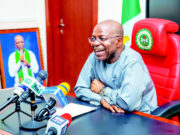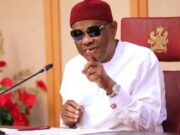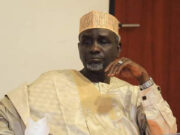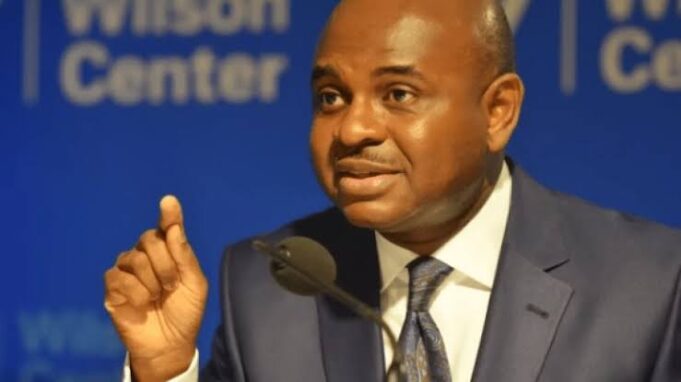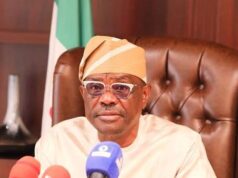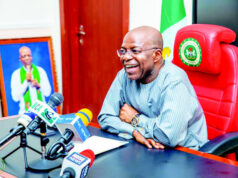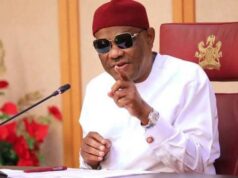Professor Kingsley Moghalu, President of the African School of Governance (ASG) in Kigali, Rwanda, has called for the creation of a new constitution for Nigeria to resolve its issues of state formation and the deteriorating economy.
Moghalu emphasized that many Nigerian leaders have avoided engaging in meaningful discussions about the need for a new constitution.
Speaking during a webinar on Leadership in Africa, hosted by renowned historian Professor Toyin Falola as part of the Toyin Falola Interview Series, the political economist and former Deputy Governor of the Central Bank of Nigeria (CBN) argued that Nigeria must find a way to build consensus among its diverse ethnic groups for lasting peace and stability.
Moghalu firmly stated his belief that Nigeria needs a new constitution, saying, “Nigeria needs a new constitution if it is to overcome the problems of its state formation and the current state of the economy and polity.”
He suggested that ethnic nationalities in the country must come together to discuss the meaning of Nigeria and define their rights within it.
According to Moghalu, a broad consensus could bring greater peace and stability to the nation, though he acknowledged that it may take time for this process to unfold.
The former presidential candidate also pointed out that political leaders often shy away from this critical conversation due to the competition for control over Nigeria’s resources.
He referenced the national conference convened by former President Goodluck Jonathan, which addressed some of these issues but was not fully implemented due to political delays.
Moghalu also criticized the current administration for dismissing the recommendations from that conference, labeling them as outdated.
He stressed that Nigeria’s political leaders fail to recognize that a sense of nationhood is vital for effective governance.
“Without a sense of nationhood, government cannot function properly,” he said.
Moghalu further argued that Nigeria’s economic challenges are directly tied to the lack of unity and the focus on control over natural resources, which continues to be driven by political interests rather than national development.



